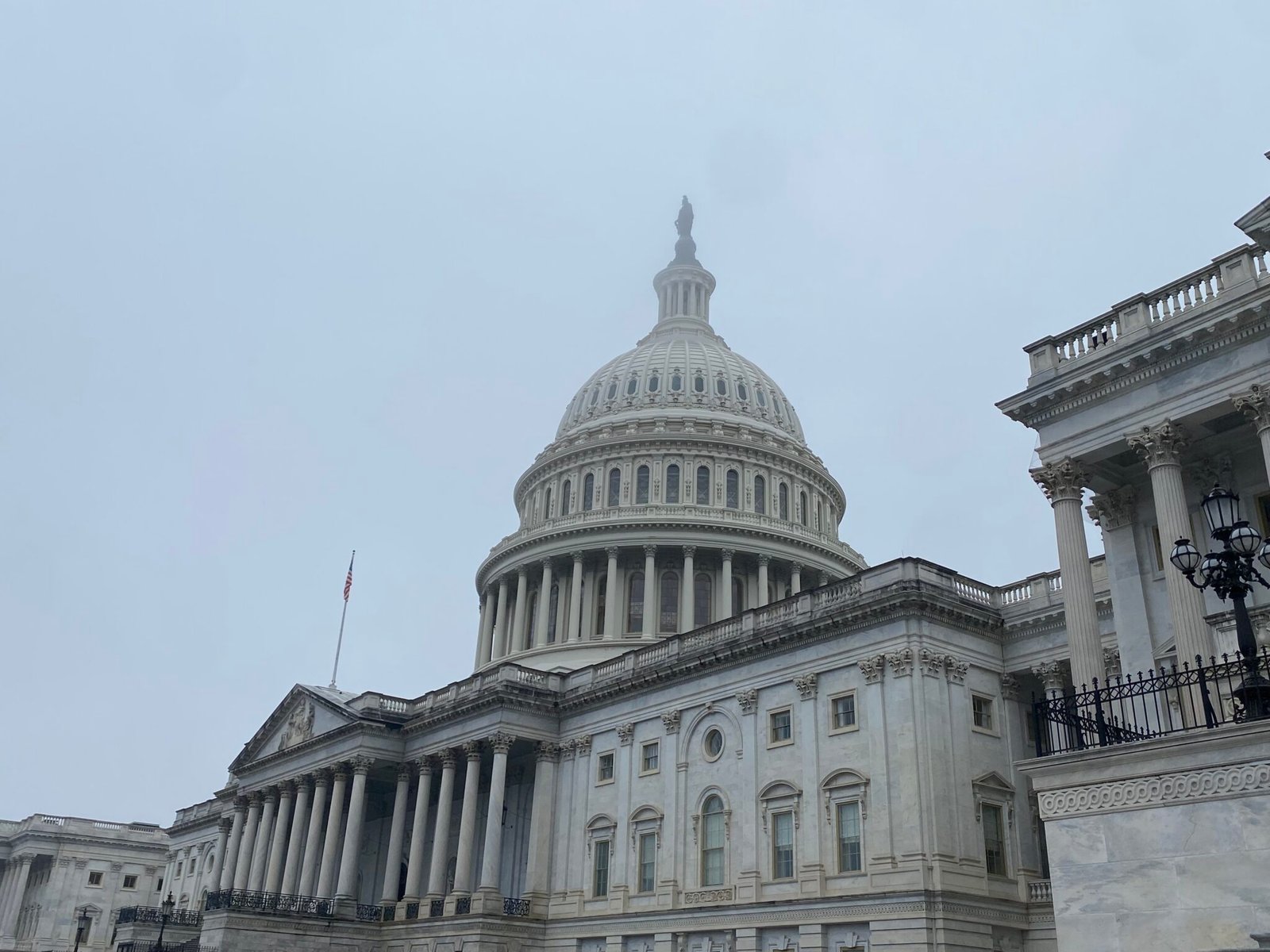DC Bureau
Congress Sneaks in Pay Raise for Themselves Amidst Crucial Spending Bill

Members of Congress are poised to receive their first pay increase since 2009 as part of a significant stopgap spending measure aimed at preventing a partial government shutdown.
According to a September report from the nonpartisan Congressional Research Service, a 1989 law mandates automatic annual cost-of-living adjustments for Congress. However, every spending bill passed since 2009 has included a provision that blocks these raises from taking effect.
The newly released 1,500-page funding bill, designed to sustain government operations through mid-March, notably lacks this provision. Bloomberg Government was the first to report on this omission.
Currently, members of Congress earn a minimum salary of $174,000, with higher compensation available for those in leadership roles. The anticipated cost-of-living increase, based on private-sector wage trends, could reach a maximum of 3.8%, raising the base salary to approximately $180,600 next year.
Despite their current salaries, members have experienced an effective pay cut of 31% since 2009 when adjusted for inflation. This persistent blockage of pay increases stems largely from their unpopularity among voters.
The absence of a pay raise blocker in the continuing resolution (CR), along with a provision allowing access to the Federal Employees Health Benefits Program for Congress members, has sparked criticism. Representative Jared Golden, a Democrat from Maine, has declared his opposition to the CR, framing it as an insidious attempt to secure member perks within essential legislation.
“Congress should be working to raise Americans’ wages and lower their health care costs, not sneaking new member perks into must-pass legislation behind closed doors,” Golden stated on Wednesday. “If members can’t get by on our already generous salaries and benefits, they should find another line of work. As long as these provisions are in the CR, I will vote against it.”
This potential pay raise comes amidst calls from Republicans—preparing to take unified control of the government next year—to achieve $2 trillion in federal spending cuts. Billionaires Elon Musk and Vivek Ramaswamy have been tasked with this mission, warning that such reductions could lead to significant job losses in the federal workforce and associated industries.
Both Musk and Ramaswamy have advised against supporting the stopgap bill. Musk criticized the bill on social media, erroneously claiming it included a 40% pay increase for Congress. “How can this be called a ‘continuing resolution’ if it includes a 40% pay increase for Congress?” he wrote.
In addition to maintaining most federal spending levels, the bill allocates $100 billion for disaster relief, funds the reconstruction of the Francis Scott Key Bridge in Maryland, and permits year-round sales of a gasoline blend that contains up to 15% ethanol.
Lawmakers face a deadline to pass the funding bill before midnight Friday to avoid a partial government shutdown.
Last updated 12:26 p.m., Dec. 18, 2024


















